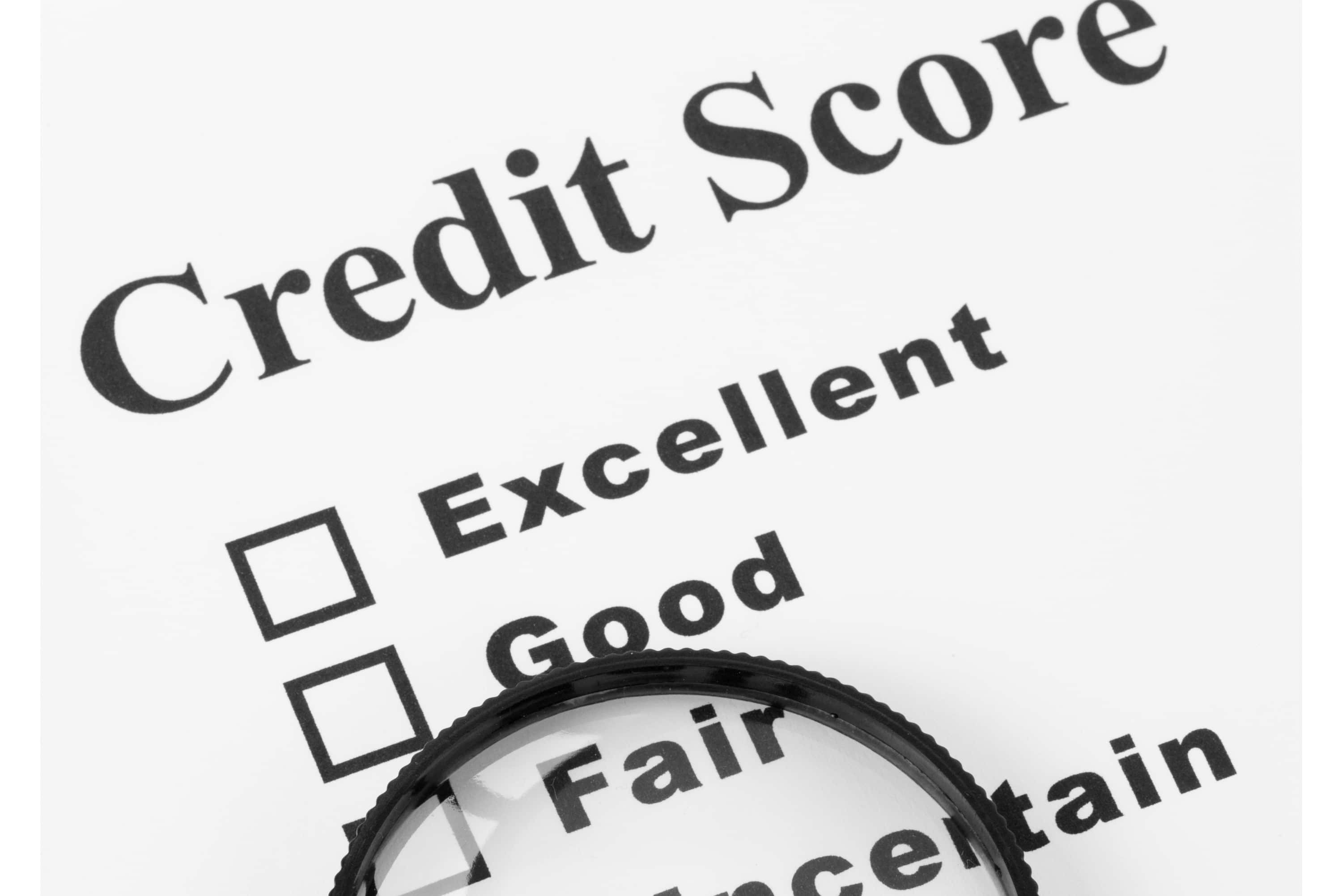How Much Does Your Credit Score Affect Your Interest Rate?
Your credit score plays a huge role in your overall creditworthiness when it comes to getting a loan.
Understanding the importance of a good credit score to get a loan and favorable terms are crucial to finding the best loan available for your needs.
Read on to learn more about how your credit score affects your chances of approval as well as your interest rate.
Lenders and Your Credit Score to Get A Loan: What Do They Look For?
Your credit score can range from 300 (the lowest) to 850 points (the highest), and lenders look at these numbers to help them determine your level of risk. The lower your score, the higher the risk you appear to banks and other lenders.
Most lenders will approve borrowers with a credit score of around 620 or higher. As your score increases, there are chances that you might get a loan at a lower interest rate. That’s because a lender considers people with a high credit score to be less risky, so they’re rewarded with better terms.
When you have a good interest rate on your loan, you’ll pay less every month, and you’ll also save on the total amount you pay over the life of the loan. Higher rates mean higher payments, and you’ll end up paying more toward interest than you will toward principal.
Your credit score is made up of several factors including how old your accounts are, how often you pay on time, and how high your balances are. When you pay on time and keep account balances low, your credit score should increase. Fortunately, these days, you have bad credit loan options that can help you during any financial emergency. You just have to choose the right lender offering the right loan for your needs.

How to Get a Loan with a Low Credit Score
You might assume that you need a stellar credit score to get a loan, but that isn’t always the case. Many lenders will still approve borrowers with lower scores, depending on the circumstances. They might give you a loan on good faith or for something as collateral. Yes, the risk that is more on lending a borrower with low score could be minimized if the loan is secured by a valued asset.
If your score isn’t great, it might be best to try and improve it before you apply for a loan. You can also ask someone you know and trust if they’d be willing to act as a cosigner, which could boost your approval odds and lower your interest rate.
Although many big banks won’t lend to consumers with low or bad credit, there are several private loan options and private lenders that may be willing to loan you money. Just be aware that you may pay higher origination fees or have a higher rate and less favorable terms.
Before you apply for a loan, think about why you need the money and if there could be other ways to obtain it. If you’re not in a hurry, work on improving your score before you apply.
Take Care of Your Credit
Even though you can have a bad credit score to get a loan, it’s best to apply for one when your score is on the higher side. With some patience and persistence, you can raise your scores to a level that will ensure you’re getting the best rate and terms.
For more about tech, travel, being an au pair and whole lot more be sure to visit my website today!

